AKP Phnom Penh, January 10, 2018 –Cambodia’s Prime Minister Samdech Akka Moha Sena Padei Techo Hun Sen said Mekong-Lancang Cooperation (MLC) is a new born sub-regional mechanism that can bring peace, security, sustainable growth and prosperity to the region.
In his opening remarks at the 2nd MLC Leaders’ Meeting held here at the Peace Palace this afternoon, Samdech Techo Hun Sen said Cambodia is proud and indeed privileged to host this meeting at the important juncture where we are about to move from a very humble nurturing stage to an “Expansion Stage” marked by an ambitious agenda of partnership and cooperation.
“For Cambodia, this 2nd Leaders meeting is deeply significant, and it is not by coincidence that we have chosen the theme: ‘Our River of Peace and Sustainable Development’. Sustained peace and long-term sustainable development must exist and move forward together,” he underlined.
This is consistent with the values of the MLC, which adhere to the principles of consensus, equality, mutual consultation and coordination voluntarism, common contribution and shared benefits, and respect for the United Nations Charter and international laws, added the Cambodian premier.
“These values have served very well our region in our aspiration for ‘Peace and Sustainable Development,’” said Samdech Techo Hun Sen.
The 2nd MLC Leaders’ Meeting began this afternoon under the co-chairmanship of Samdech Techo Hun Sen and his Chinese counterpart H.E. Li Keqiang with the participation of Lao Prime Minister H.E. Thongloun Sisoulith, Myanmar Vice President H.E. Myint Swe, Thai Prime Minister H.E. Gen. Prayut Chan-o-cha and Vietnamese Prime Minister H.E. Nguyen Xuan Phuc.
The 3rd MLC Leaders’ Meeting will be hosted by Lao PDR.
LMC was launched in 2015, and its first leaders’ meeting took place in March 2016 in the Chinese province of Hainan. This summit was based on three pillars – political and security issues, economic and sustainable development and socio-cultural issues. There are also five key priority areas – connectivity, production capacity, cross-border economic cooperation, water resources and agriculture and poverty reduction.


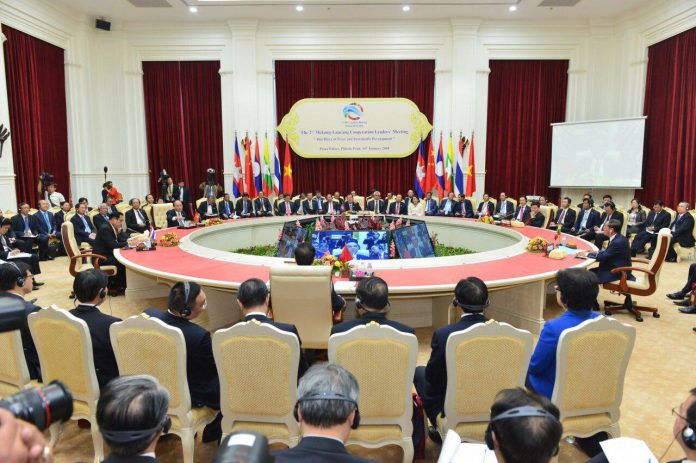
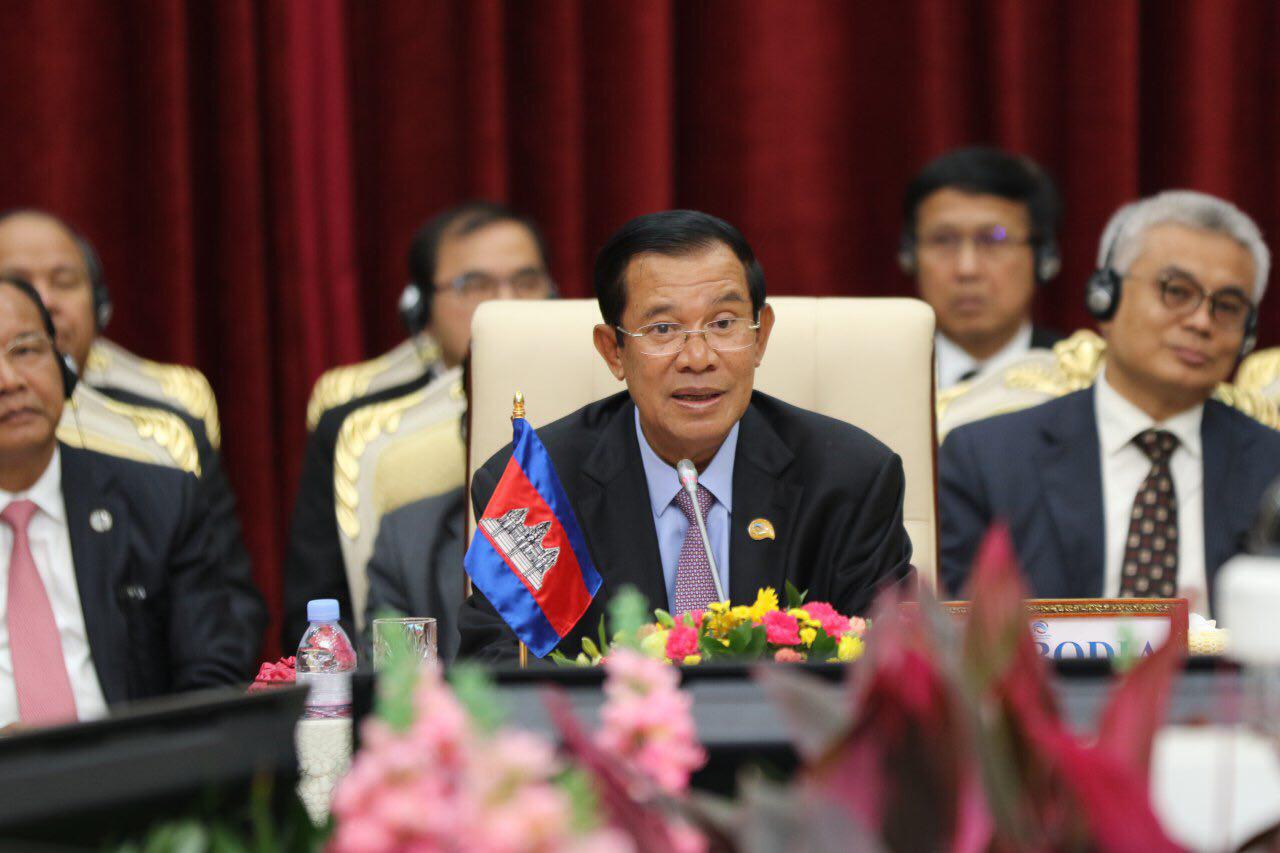
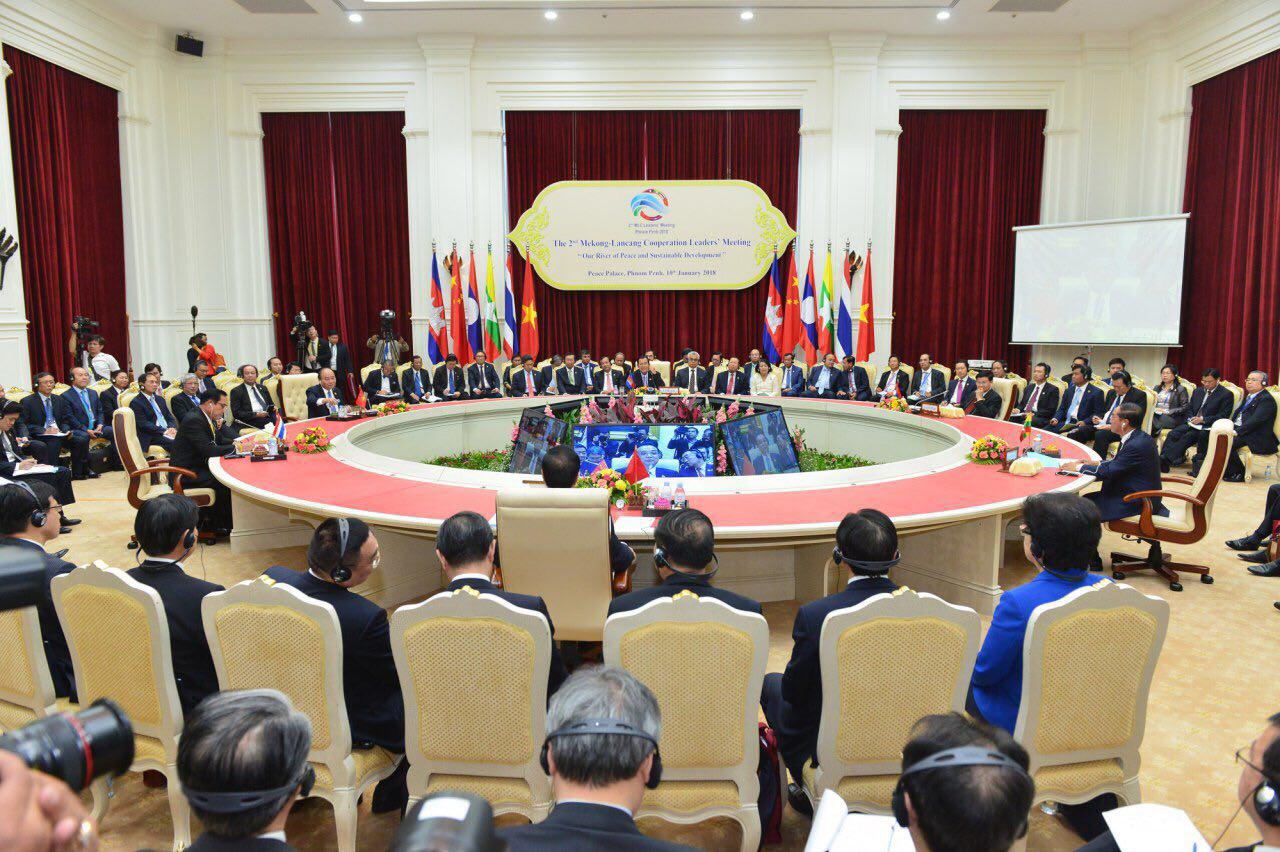
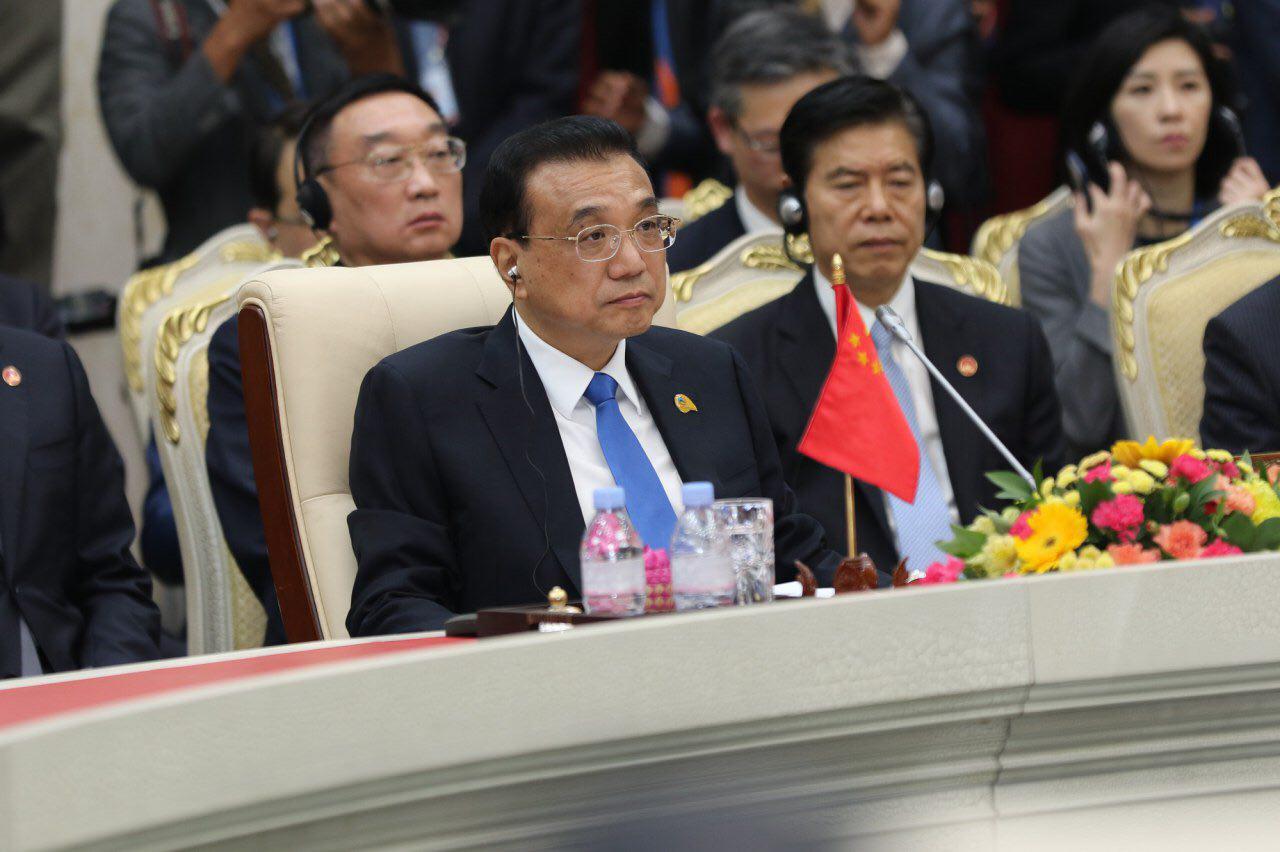

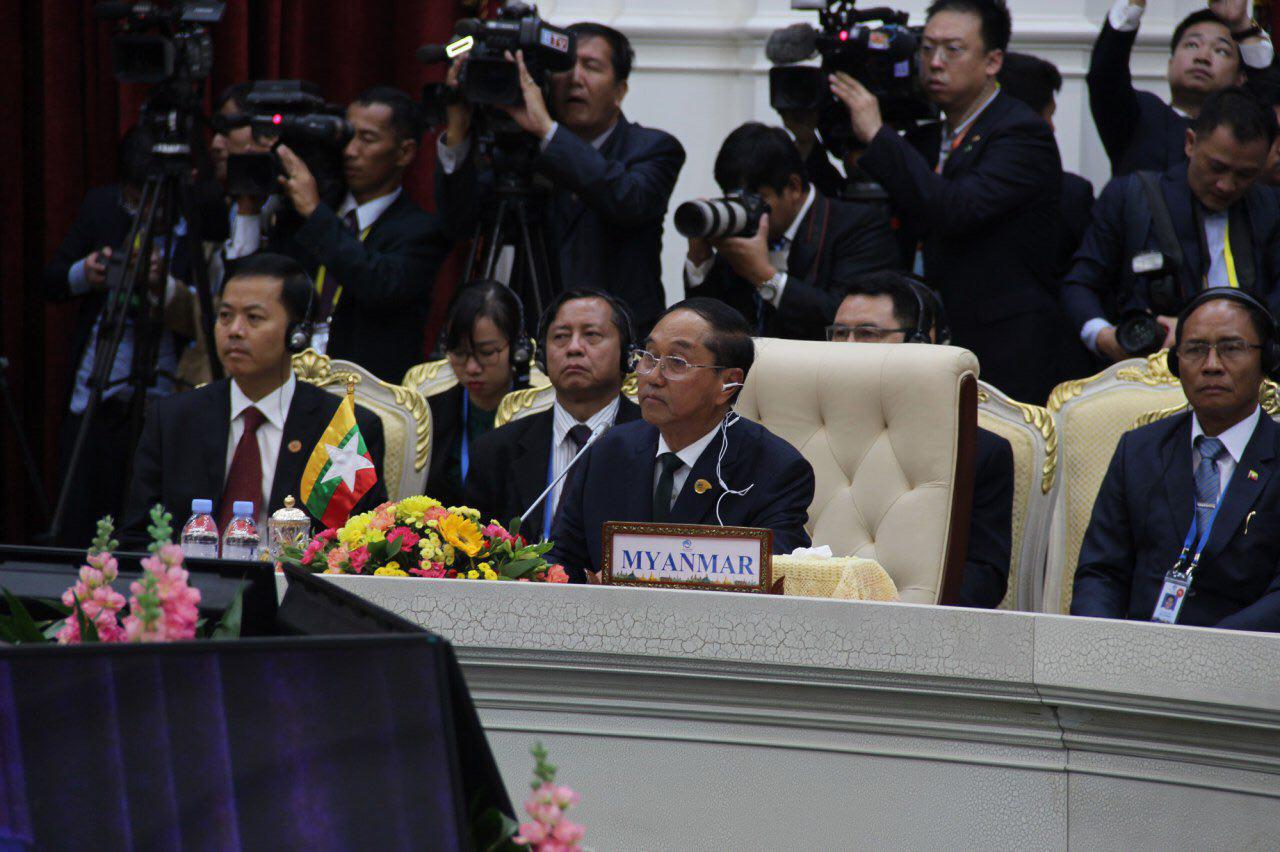
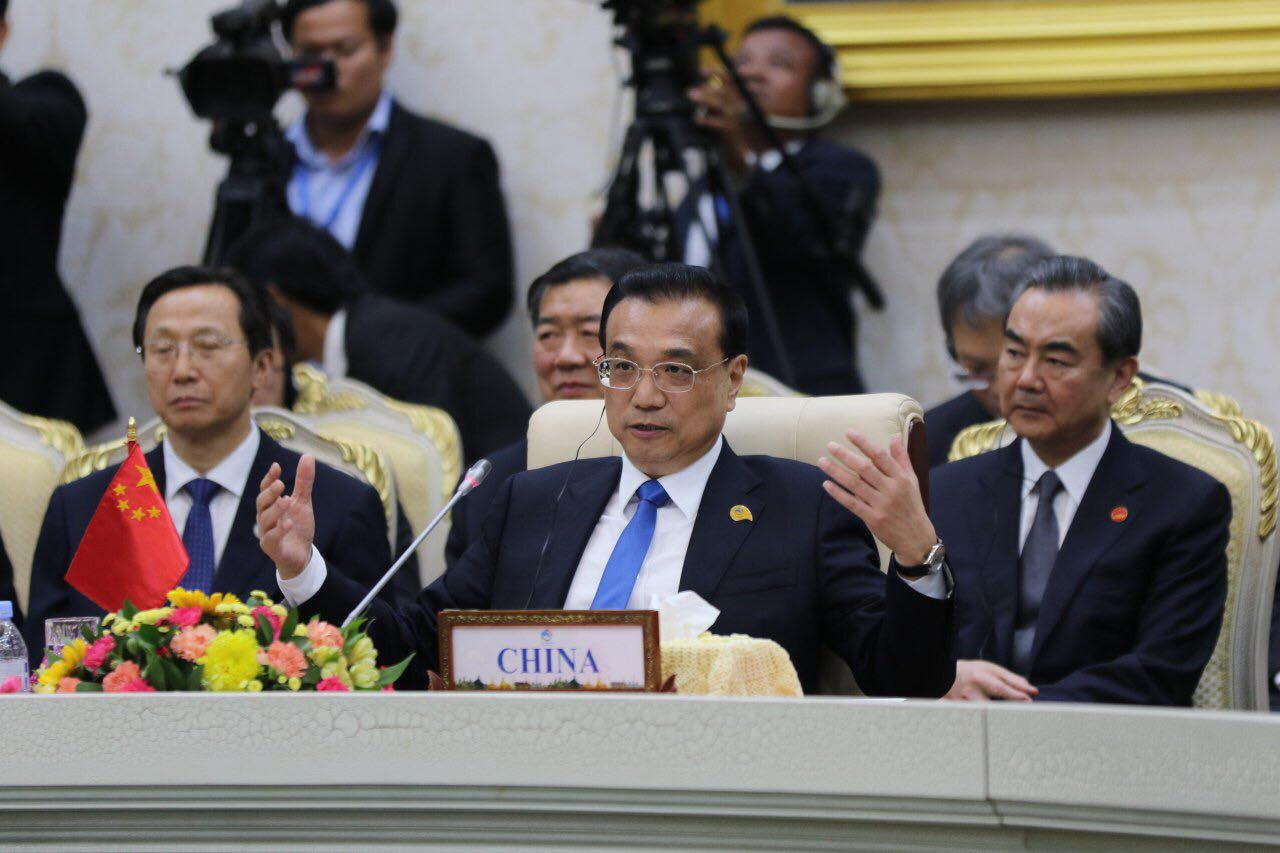
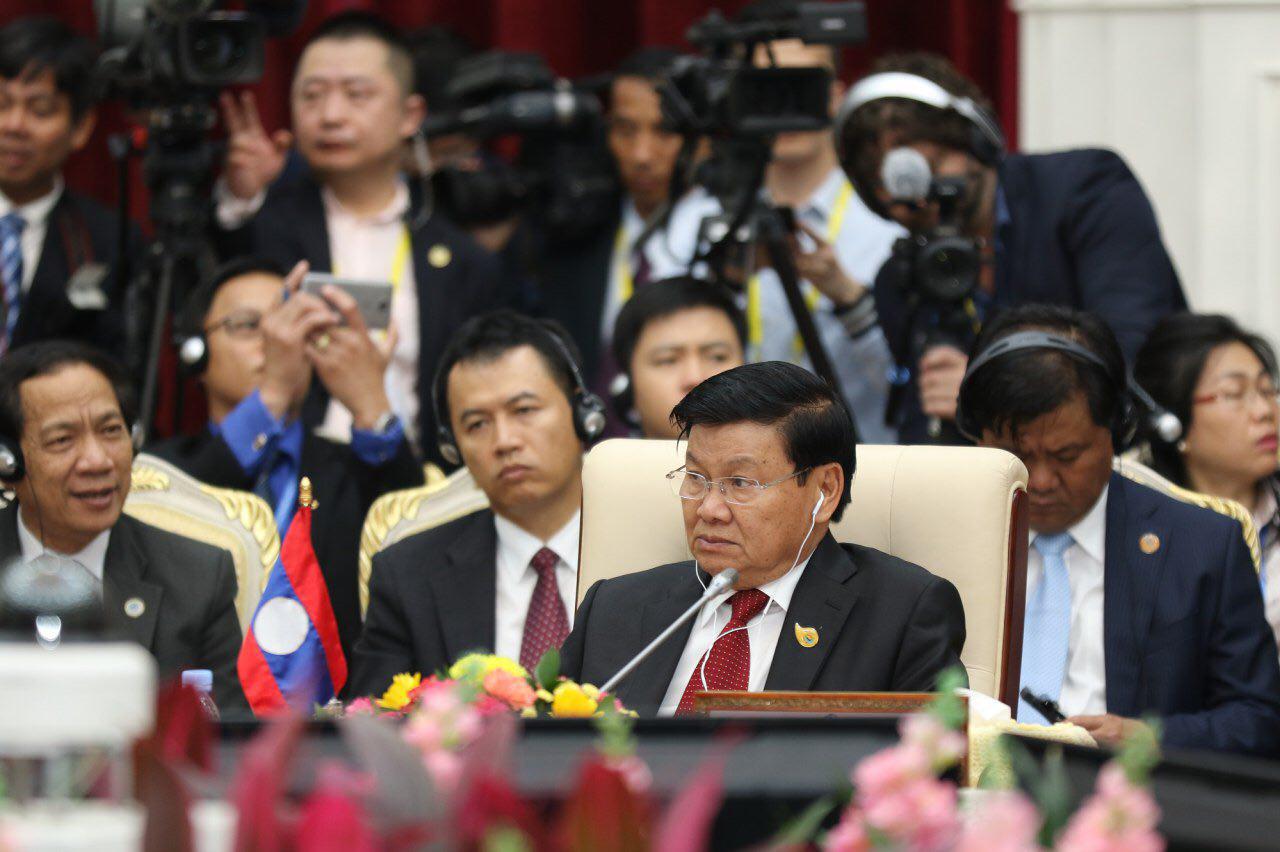
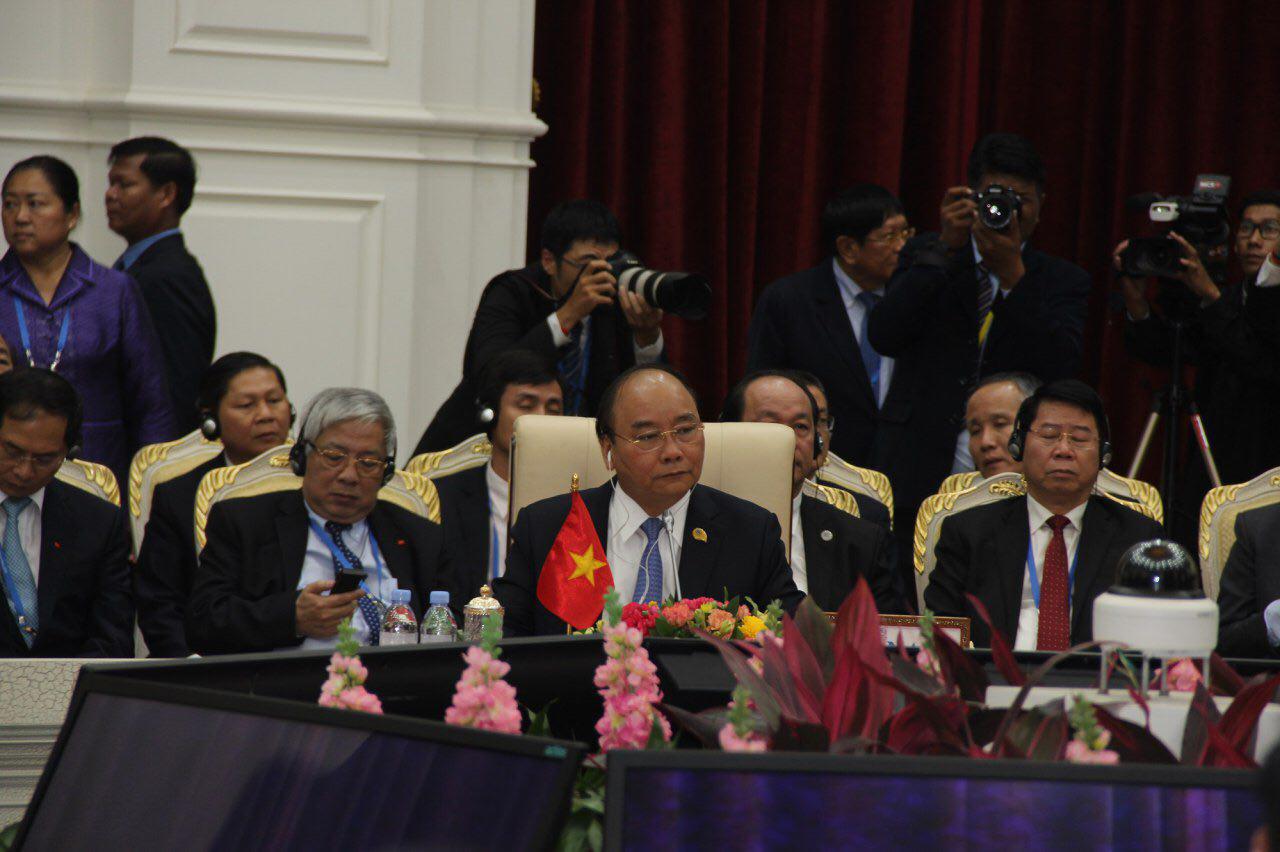
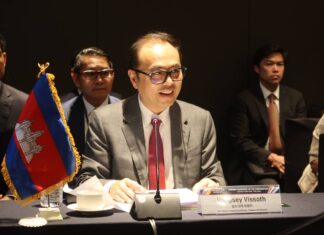

![Facebook Message on the Conclusion of the “Border Infrastructure Fund with a focus on the construction of the border ring road” [Unofficial Translation]](https://pressocm.gov.kh/wp-content/uploads/2024/11/HUN-MANET-01-100x70.jpg)
![Selected Comments of Samdech Techo HUN SEN. President of the Senate, at the solidarity dinner with the Cambodian performance artists football team and the Khmer martial arts team [Unofficial translations]](https://pressocm.gov.kh/wp-content/uploads/2024/11/photo_2024-11-12_11-00-16-100x70.jpg)
